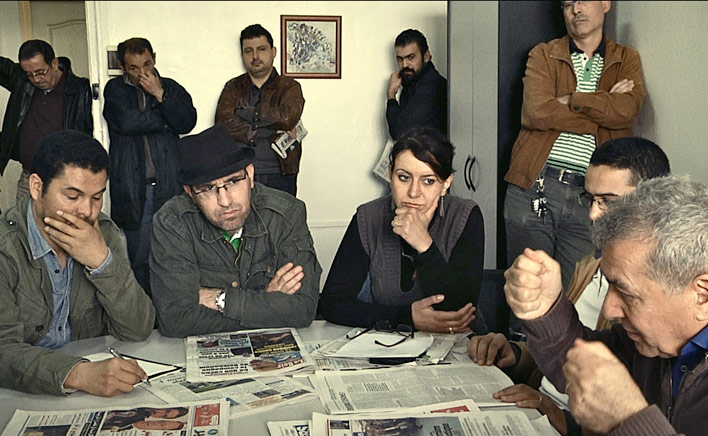
Memoirs is a co-production of the festival with Centre for Social Studies of the University of Coimbra. The sessions and the events that compose this section can be viewed on this page.
To think about postcolonial Europe implies realizing that what defined it most as Europe was the imperial discourse – in its various declinations – and that, consequently, decolonization was not only a movement in the South and which reached the decolonized countries. It was also a movement that reached and radically reaches the colonizing continent that was Europe and that needs to be decolonized, that is, it needs to reread the past and the imperial and unequivocal language in which it was narrated to better understand the present and think the future at a mistakenly designated time as the war of civilizations. A process where Europe learns to overcome its condition of multiple post-imperial nations and to decolonize itself from its former colonies, which marks a sudden reversal of historical paradigms, producing other continental narratives and in fact creating a true hypothesis of a community.
Memoirs studies the diversity of contemporary Europe, looking at the impact of colonial memories and the processes of decolonization and African independence of the former colonies in the following generations, those for whom all this would be history, but which, often by the density of the dimension of crossing their family memories with the public memories, is also post-memory. Those who grew up were marked and influenced by these historical processes and who recognize or question them in the political gestures that extend, in the words spoken, in narratives and actions or in the representations that they themselves create. Memoirs questions the geometry and geopolitics of European memories by demanding a Europe and a democracy with memory.